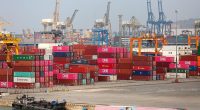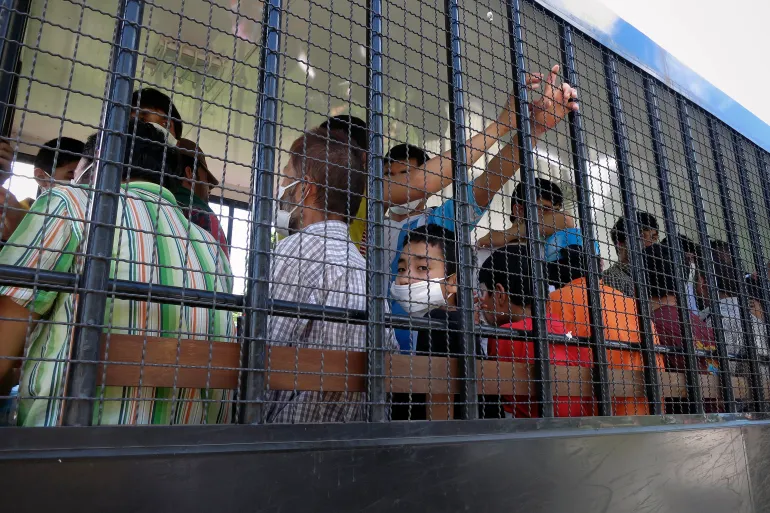Thailand is making rapid strides in artificial intelligence (AI), positioning itself as a leader in the AI-driven global economy by 2030. Through initiatives in education, healthcare, and key industries, Thailand is setting up a robust AI infrastructure to compete on the world stage.
Thailand’s National AI Strategy: A Blueprint for Growth
In a determined push for economic leadership, Thailand’s National AI Action Plan (2022-2027) lays the groundwork for AI integration. NSTDA President Sukit Limpijumnong emphasized Thailand’s commitment to an AI-ready workforce and technological advancement during the AI Thailand Forum 2024, an event hosted by major technology institutions and financial partners.
- AI National Strategy (2022-2027): Focuses on developing an ethical framework for AI across public and private sectors.
- AI Service Platform: Supported by Thailand’s Government Data Centre, this infrastructure supports widespread AI research.
Leading AI Infrastructure and Supercomputing Capabilities
A critical part of Thailand’s AI strategy is LANTA, the ASEAN region’s most computationally efficient supercomputer, enabling high-capacity AI research. LANTA, along with the national AI service platform, provides essential support for advancing Thailand’s AI capabilities.
Transforming Education and Healthcare with AI
Thailand’s Education Ministry and medical research sectors are pioneering AI integrations that benefit the economy and society.
- AI in Education: AI tools are being introduced in classrooms, with the Ministry supporting over 50 AI-based product prototypes by startups.
- AI in Healthcare: A consortium for medical AI now holds a database of over 1.6 million medical images, enhancing public health and research.
Key Areas of AI-Driven Growth: Finance, Tourism, Agriculture, and Healthcare
KTBG Group Chairman Rungroj Poonpol highlighted four sectors where AI could have the most impact on Thailand’s economy:
- Finance: AI applications streamline banking processes, improving customer experience and enhancing operational efficiency.
- Tourism: By personalizing experiences, AI can boost tourism, a critical revenue source.
- Agriculture: AI-driven analytics can optimize crop yield and improve resource use.
- Healthcare: AI in diagnostics and medical data processing enhances healthcare services and outcomes.
Achievements and Future Goals in AI
Thailand’s commitment to AI is evidenced by advancements like Pathumma LLM, a Thai-language processing AI that offers natural conversation, image captioning, and audio analysis. With over 53 million recorded usages, the national AI service platform underscores Thailand’s rapid digital adoption.
Thailand’s Global AI Standing and Future Aspirations
Despite a dip to 37th in the AI Government Readiness Index in 2023, Thailand scores strongly in public sector and infrastructure readiness. With its technology rating on the rise, Thailand aims to bridge gaps in AI development to reach its 2030 goals.
Conclusion
As AI is projected to contribute $15.7 trillion to the global GDP by 2030, Thailand’s focused AI strategy and sectoral integration demonstrate a path towards economic leadership. By investing in infrastructure, ethical frameworks, and a skilled workforce, Thailand is set to be a strong contender in the AI-powered global economy.








